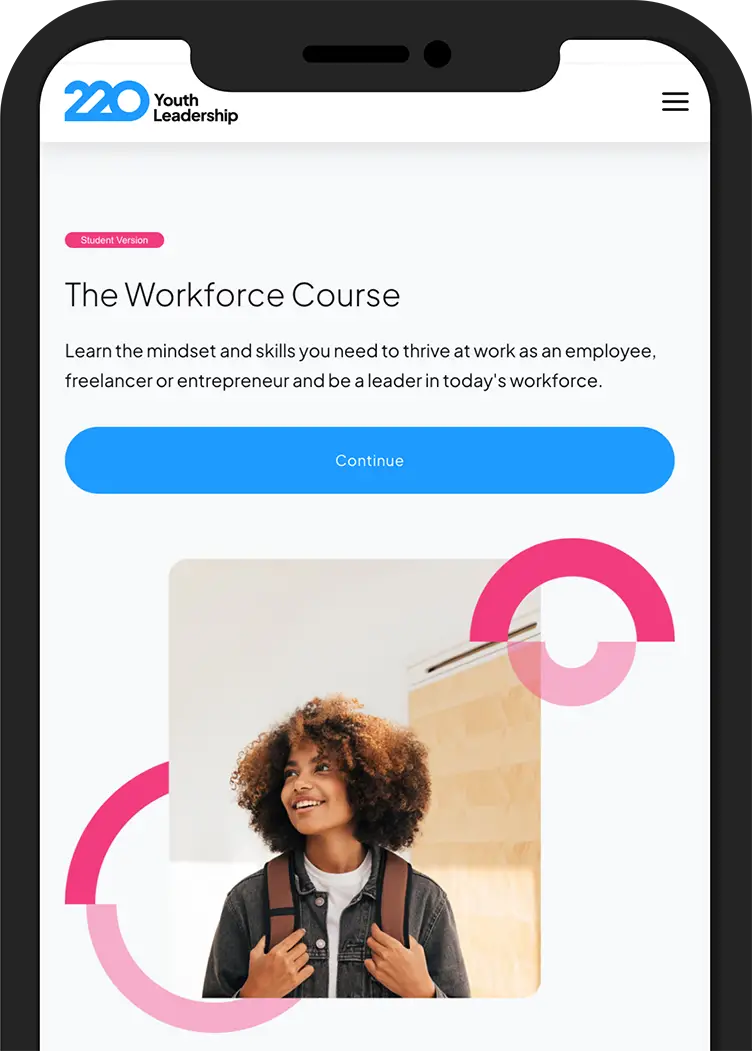We ensure your students are progressing through the required course material in a structured and effective way. Our evaluation process focuses on engagement, comprehension, and real-world application through the following methods:
Quizzes as Learning Checkpoints:
Each lesson includes quizzes that serve as prerequisites before students can advance to the next module. These quizzes not only assess understanding but also reinforce key concepts, ensuring students are building a strong foundation before moving forward.
Personalized Application with Workbooks and Templates:
Students use course workbooks and templates to connect the material to their own lives, goals, and future aspirations. These tools encourage reflection and practical application, helping students internalize what they’ve learned and apply it to real-world scenarios.
Comprehensive Progress Reports:
Instructors and administrators have access to detailed progress reports that track how much of each course students have completed. These reports provide valuable insights into student engagement and help identify areas where additional support might be needed.
Pre- and Post-Assessments:
To measure the program's overall impact, we administer pre- and post-assessments. These evaluations highlight growth in critical areas such as confidence, employability skills, and leadership, giving a clear picture of each student's development throughout the program.
Feedback and Support:
Our team regularly meets with school and program leaders to review data and user activity, offering guidance to ensure students stay on track and achieve their goals. Weekly office hours and professional development sessions for instructors further enhance support.
By combining these evaluation strategies, we not only track student progress but also empower them to take ownership of their learning journey, setting them up for long-term success.
